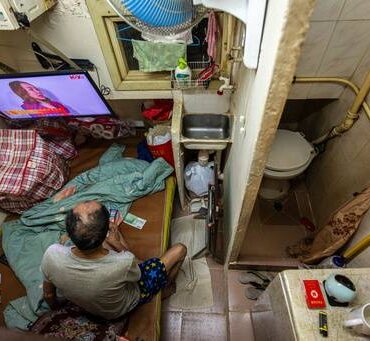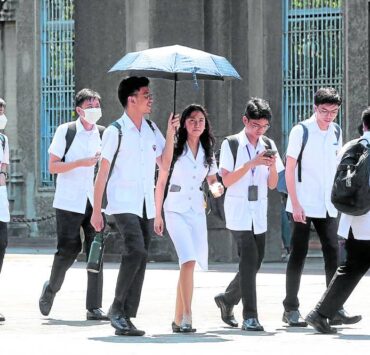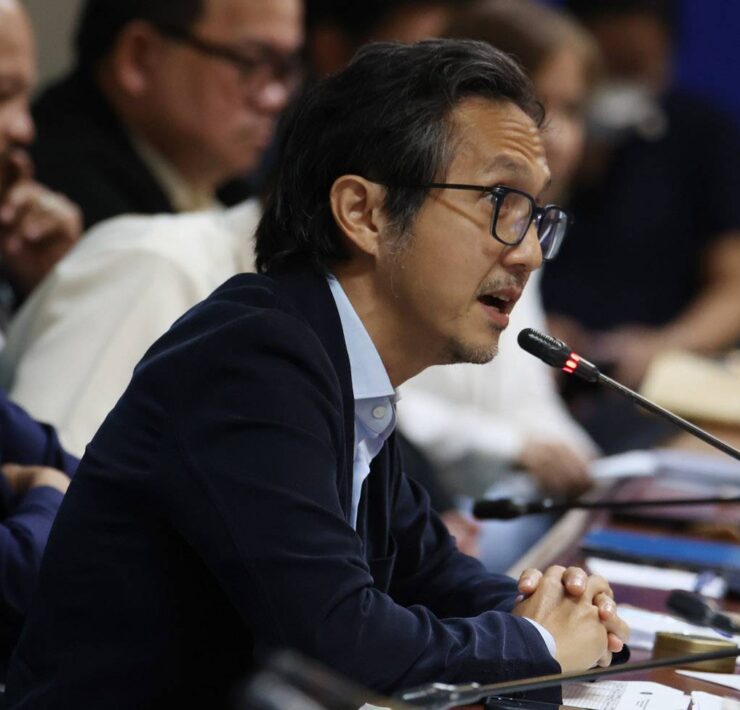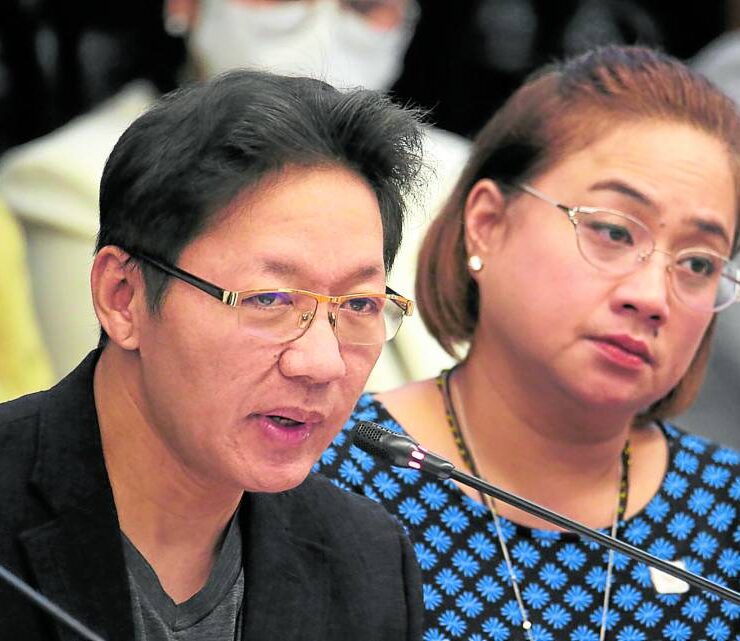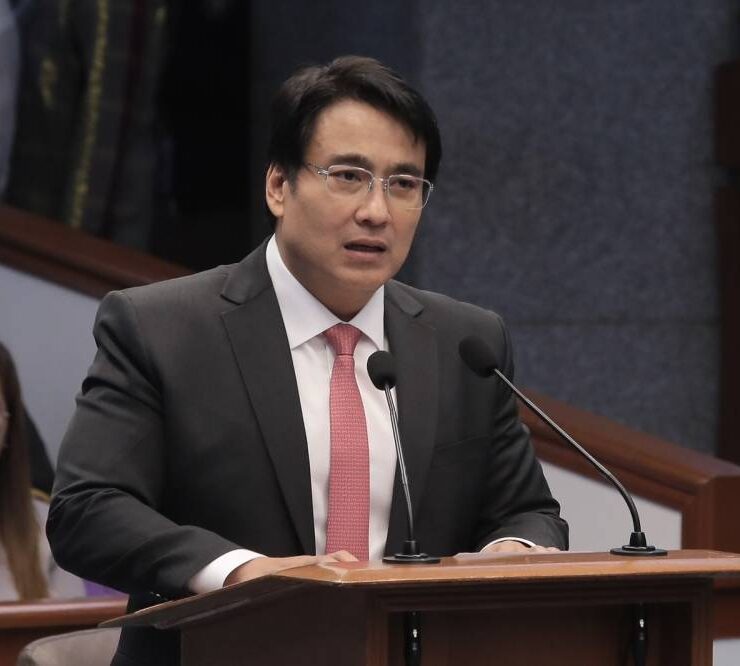Sanctions loom on banks; BSP checks cash flow bared in flood probes
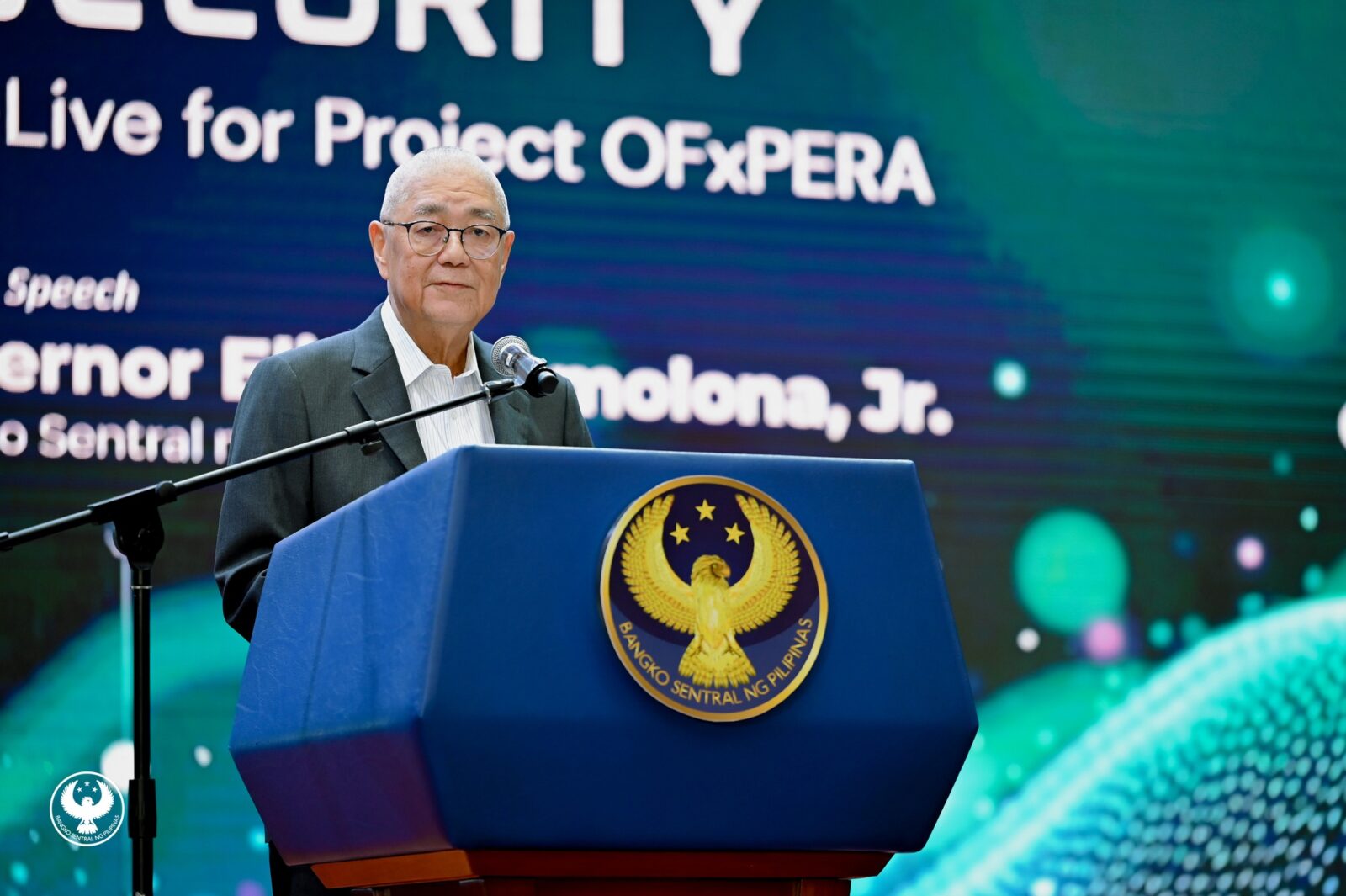
The Bangko Sentral ng Pilipinas (BSP) has opened an inquiry into unusually large cash withdrawals linked to possible corruption in flood control projects, focusing on potential weaknesses in banks’ safeguards that could leave them liable for lapses.
Following this development, state-run Land Bank of the Philippines (LandBank) said it would open its own probe into large-value transactions earlier flagged by lawmakers, though it maintained that it had strictly followed all regulatory procedures and safeguards.
BSP Deputy Governor Lyn Javier told the Inquirer that the central bank is “closely scrutinizing” potential weaknesses in the banks’ antimoney laundering frameworks, particularly in key areas, such as customer due diligence, transaction monitoring and compliance with reporting obligations.
Test for Afasa
Javier, who heads the BSP’s financial supervision arm overseeing banks, said “any deficiencies will be addressed decisively.”
“The BSP is determining the vulnerabilities of concerned banks in relation to transactions involving the flood control projects. This supervisory review is focused on identifying the extent of lapses and holding them accountable where shortcomings are found,” she said.
“We will deploy appropriate enforcement actions and sanctions, where warranted, to ensure that banks strengthen their safeguards and uphold the highest standards of integrity and vigilance,” she added.
Last week, the BSP started an inquiry into the bank accounts of individuals allegedly linked to corruption in government-funded flood control projects.
The probe is the BSP’s first test of the newly enacted Republic Act No. 12010, or the Anti-Financial Account Scamming Act (Afasa), which targets so-called money-muling activities or the use of financial accounts to move or hide criminal proceeds. The central bank acted on an official request from Department of Public Works and Highways (DPWH) Secretary Vince Dizon.
New regulation
In an interview with One News TV on Friday, BSP Governor Eli Remolona Jr. said early findings suggest that many of the suspicious funds originated from state-owned banks. “And that makes sense because it’s government money, so it would go through the government financial institutions,” he added.
The BSP probe followed explosive testimony in congressional hearings, where witnesses described large cash withdrawals and deliveries to lawmakers allegedly tied to irregular flood control projects. Photos of stacks of banknotes submitted as evidence of kickbacks to legislators intensified public anger, sparking mass protests last weekend.
In response to the shocking developments, the BSP issued a new regulation limiting over-the-counter cash withdrawals to P500,000 a day, as part of efforts to reduce money laundering risks tied to large-value transactions.
At a Senate hearing, two former DPWH engineers alleged that about P1 billion—packed into more than 20 suitcases—was transported in several vans to the penthouse of Ako Bicol Rep. Elizaldy Co at a luxury hotel in Taguig City. Co has denied wrongdoing.
Not suspicious
In a separate session on Sept. 25, senators questioned contractor Sally Santos, who admitted withdrawing P457 million in cash over just two days from a LandBank branch in Bulacan. Santos, owner of Syms Construction Trading, is among several contractors implicated in the flood control scandal.
Lawmakers also pressed Ma. Lilibeth Lim, the branch manager who authorized the withdrawal. Lim reasoned that the account was tied to a government agency and, therefore, was not treated as suspicious. Under existing laws, transactions involving P500,000 or more in cash must be reported to the Anti-Money Laundering Council (AMLC) as a covered transaction.
Peewee Villanueva, the bank’s head of corporate affairs, confirmed that the Bulacan branch involved in one of the contested withdrawals would be investigated.
“As part of procedure, we assess and investigate,” Villanueva told the Inquirer, adding that all transactions “follow standard banking procedures, and are safeguarded by strong internal controls and effective risk management policies.”
Freeze orders
Those measures, she said, are “regularly assessed and updated to ensure we remain robust and responsive to issues and the call of the times.”
The AMLC has not responded to queries, though it has issued more than 700 freeze orders covering bank accounts, insurance policies and other assets of individuals linked to the alleged scheme. More are expected in the coming days.
Remolona, who also chairs the AMLC, did not say how much in funds had been frozen but acknowledged the measures could affect liquidity in the banking system. Still, he sought to downplay risks of broader instability.
“Our banks are very, very liquid at this point,” he said. “I think I can say that with confidence. No bank runs.”














